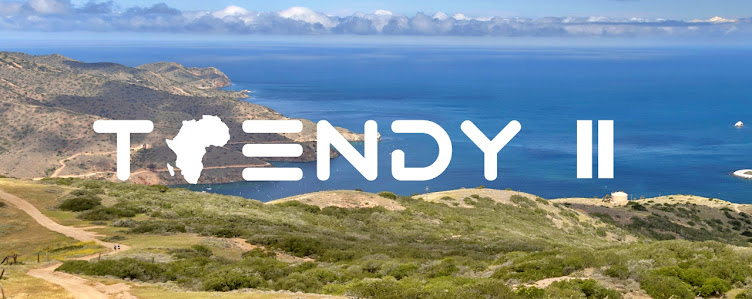According
to a recent report by the UN's Group of Experts on the Democratic
Republic of the Congo (DRC) states, Kase Lawal, a Nigerian-born US oil
tycoon, transferred millions of dollars to the notorious rebel leader Bosco Ntaganda between December
2010 and February 2011. If
true, this would be a contravention of UN resolutions banning individuals or organizations
from financing illegal armed groups in the war torn eastern DRC. The UN report
says Lawal, the chairman and chief executive of the Houston-based oil firm
Camac, was aware he was paying Ntaganda.
Ntaganda
has been wanted by the international
criminal court (ICC) since an arrest warrant was issued in 2006. He
funds his exploits by smuggling natural resources in the mineral-rich country,
and faces allegations of recruiting child soldiers and presiding over mass
rapes and murder of civilians by his troops in the National Congress for the Defense of the People (CNDP). The CNDP militia has since integrated into the
Congolese national army but its soldiers continue to obey rebel command
structures. Ntaganda, like many rebel leaders in eastern DRC, funds his
activities by smuggling natural resources.
Dr. Kase Lawal
According
to the report, while Lawal was initially under the impression that he was
buying gold from an owner in Kenya, he did not abort the deal when he learned
Ntaganda was the true owner. Instead,
the UN report says Lawal merely "appeared relieved to finally be engaging
directly with the true owner of the gold".
The
report says Lawal financed the deal while Edward Carlos St Mary, a Houston
businessman and friend of Lawal's, carried out the transaction in DRC. The deal
was proposed to the two men by Dikembe Mutombo, a Congolese former NBA player
with the Houston Rockets, and three of his relatives. Despite paying, Lawal
never received the gold. St Mary flew to Goma in DRC to finish the deal in a
Camac-leased jet, but the passengers were arrested, including Mickey Lawal, a
senior official of CAMAC by Congolese presidential security officers as they
tried to take off with the gold in February 2011.
St
Mary and two Camac employees were charged with money-laundering and illegal
transport of a banned material, because at this time the Congolese government
had banned mining of gold, tin and coltan in the provinces where the minerals
trade was affected by illegal armed groups. The three men were released in late
March after Camac's Kinshasa representative paid $3m (£1.9m) in fines. Substantial
sums of money were involved from the start. The report says Lawal told St Mary
he had lost "$30m as a result of the whole ordeal, including transport
fees, fines, bribes" and the payments for the gold. Jason Stearns, a
former Group of Experts co-ordinator, said: "This is a fine example of the
rank disregard of international law by major international companies and businessmen.
"Lawal
knew Bosco Ntaganda was involved in the deal, so he was knowingly doing
business with a man wanted by the ICC. On top of that, there was a Congolese
mining ban in place at the time. And finally, he's probably violating a UN arms
embargo on the region. In
reality, the Congolese authorities and Ntaganda worked together to ensure full
payment was made for the gold, that the gold never left the DRC, and that the
arrested men would have to pay a series of heavy fines to secure their
release."
Dr. Kase Lawal is reported to be a great philanthropist and is also committed to public service. He is a commissioner on the port of Houston Authority and is vice chairman of the Houston Airport Development System Corporation. He
is a member of the National Urban League’s Board of Directors and the Fisk
University Board of Trustees. Dr. Lawal is also a member of the board of
directors and a majority shareholder in Unity National Bank, the only
federally-insured and licensed African American-owned bank in Texas. President Barack Obama put Lawal on the US advisory committee for trade and policy negotiations in September 2010, just months before the deal with Ntaganda.
Source:
theguardian, Houston Chronicle




